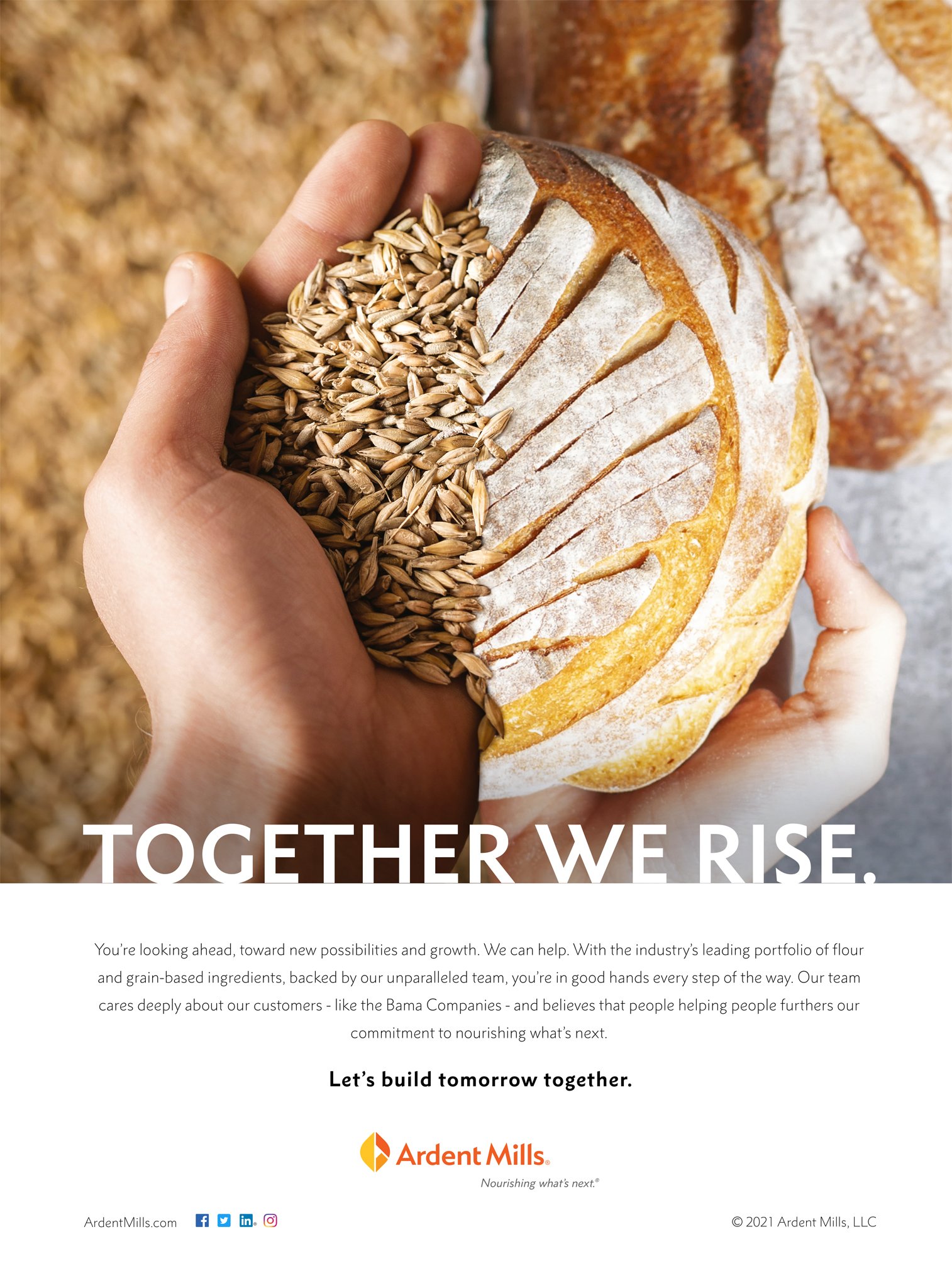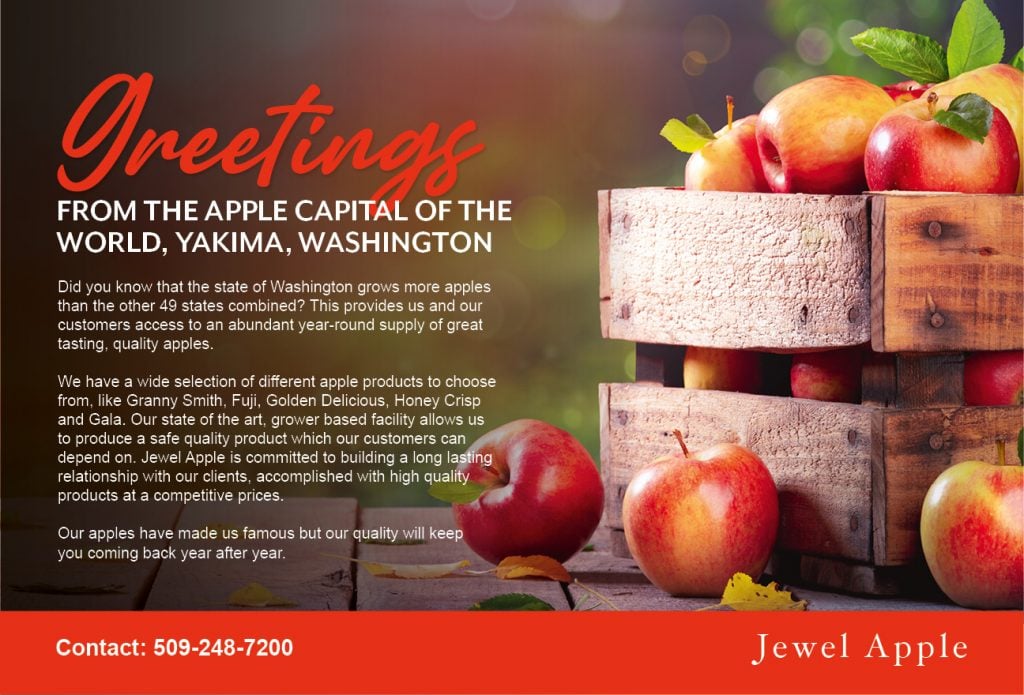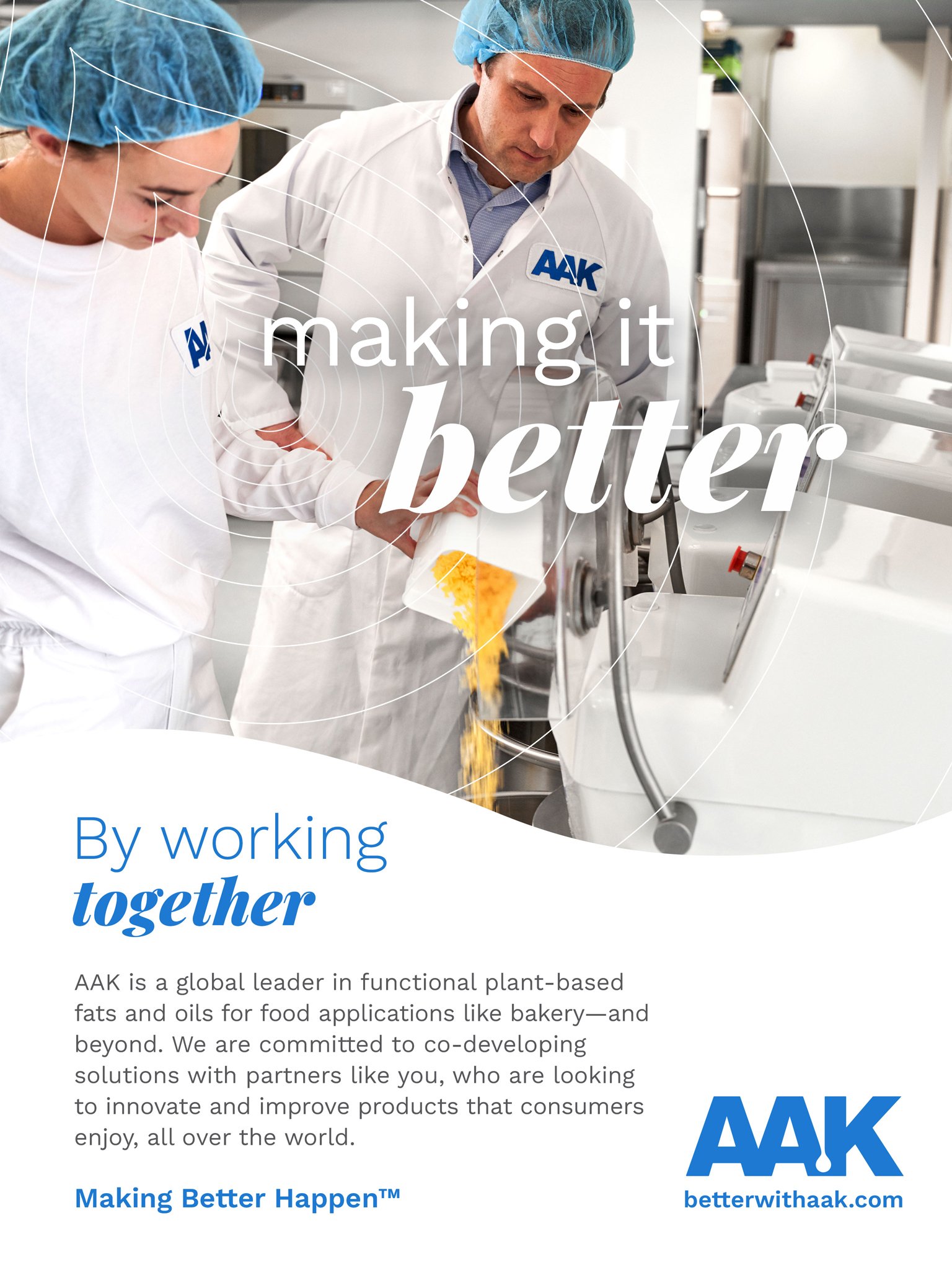At the heart of any family business lies a deep appreciation for the past. Everything a company is today is the accumulation of the passion and hard work of generations past; every step forward is an advancement of the journey started by those forebears. To be bequeathed your family’s vision and toil is a gift; your work runs through your veins. Family is a rock, and that’s never truer than in business.
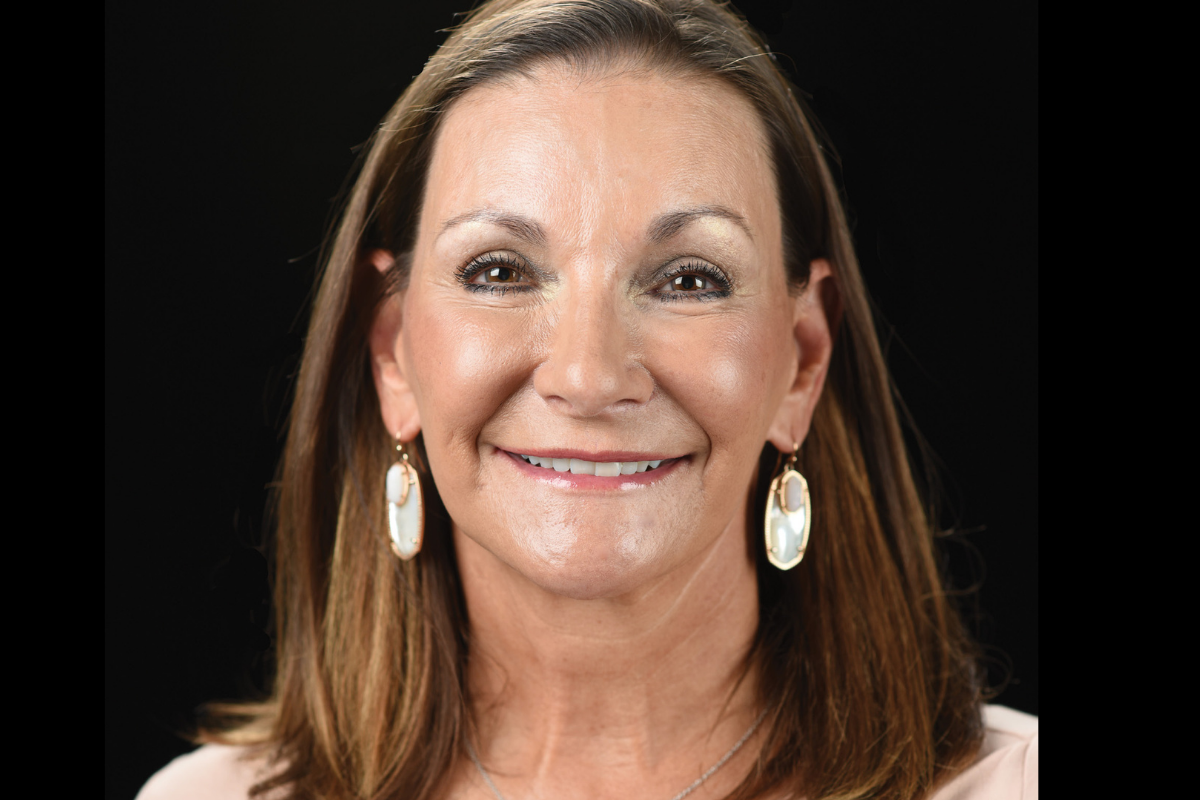
Sometimes, however, it’s the story itself that becomes a business’s foundation; even more so when that story is steeped in history. When there’s context, the business itself becomes an experience to be a part of. People can, simply through their custom, be a part of that story. It’s marketing you can’t buy.
Take, for instance, the story of Cornelia Alabama Marshall. At the dawn of the 1920s, Cornelia sold baked sweet potato pies at a drugstore in Dallas, Texas. Baking pies was her livelihood, and each and every slice was infused with passion. The response was so positive that Cornelia founded the Bama Pie Company in 1927.
But the scores of people lined up around the block to get a piece of Cornelia’s pies didn’t know they were living on borrowed time. The Great Depression hit at the decade’s end, bringing mass unemployment and poverty. For many, one’s livelihood became a way to stay alive.
With her husband Henry out of work, Cornelia resolved to use her culinary skills to keep their five children afloat. Every day, Henry wrapped up a selection of his wife’s baked goods and sold them door-to-door around Dallas. To Cornelia and Henry, the Bama Pie Company was a matter of survival; to their granddaughter Paula Marshall, now CEO of the Bama Companies, their story is the American Dream.
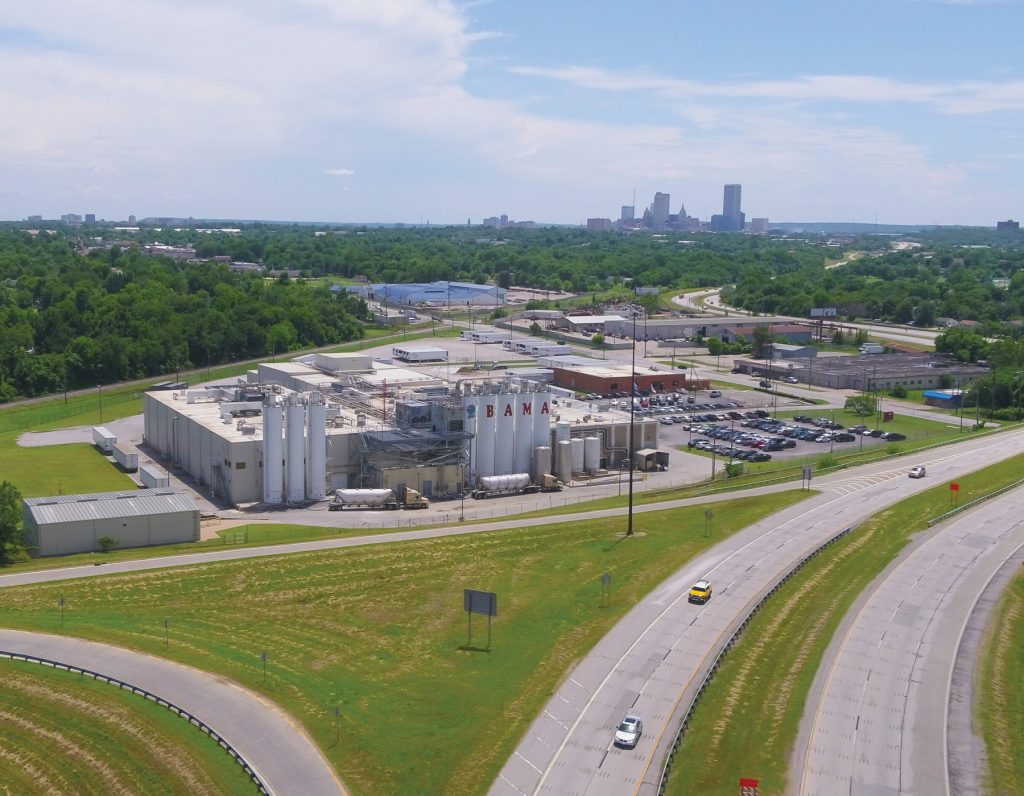
“For a woman to start a company at that time wasn’t common,” Paula says. “It takes a village when you’re a woman CEO, I’ll tell you that.”In many ways, Paula is walking in her grandmother’s footsteps. Faced with unforeseen adversity, Paula was thrust into the family business at a young age. In the top job since the late 80s, she’s grown the Bama Companies into a global entity that works with some of the biggest names in the quick-serve industry, including McDonald’s and Yum! Brands.
“Back when I became CEO, it was still not thought of as something I was going to be capable of doing. I think some of the industry folks were a little old school and didn’t really have that confidence in me,” Paula admits. “So it’s been an evolution. I’ve worked hard, I’ve had children and raised them while I was working. I didn’t have a partner in the business, but I’ve had a lot of different people that have helped me build the Bama Companies.”
A village of their own
When Cornelia and Henry’s five children came of age, they became involved in the family business. Paula’s father, Paul, left high school aged just 16 to work as a full-time delivery driver for his parents. “But as he grew up, my father had his own ideas about how the business should be run,” Paula says. “He and my grandfather clashed a bit, and it was suggested that Paul go out and start his own thing if he thought he could do it better.”
Paul Marshall did just that, moving to Tulsa via Oklahoma City. “He and my mother liked the town, so they invested in a little shop on Route 66,” Paula says. “That’s where our company headquarters still resides.” Paul took the same business model as his parents but as Paula puts it, “he went all the way with it”. “He began to see changing times in the industry,” she says.
At the time, there was really no-one working there that had any experience except for me.
In response, Paul developed a new product that could be eaten in cars. “At the time, there wasn’t really anything like that,” Paula says. “He developed it, put it in the back of his car, in the trunk, in dry ice. I remember him loading up his car with dry ice in these styrofoam coolers on Monday morning and we wouldn’t see him again until Friday night.”
In Paul’s absence, Paula’s mother Lilah kept the business running smoothly. “She was instrumental,” Paula says. “She was just as important as he was. She kept operations under control, made sure the money was right, made sure the products were right while he was out on the road, selling pies to anyone that would talk to him.”
Fortuitously, one of the more responsive cold-call customers was McDonald’s boss Ray Kroc. “They struck up a friendship, and Mr Kroc became our number one customer very quickly in the 1960s,” Paula says. Although Kroc died in 1984, the relationship has endured; the Bama Companies still makes around four million McDonald’s biscuits and fruit pies every day. “It’s the kind of opportunity you don’t get very often,” she says. “It’s why it pays to be close to customers.”
Stepping up to the plate
The company flourished under Paul’s leadership throughout the 1970s and 1980s, during which time Paula earned her college degree. “I knew I had to have it in case anything ever happened to the company,” she says. Paula joined the Bama Companies in 1989, and was only just getting started when her father suffered a massive heart attack.
“We thought we were going to lose him several times,” she says. “He and my brother ended up having the same heart condition, and both left the business within a few months of each other.”
Despite his departure, Paul had no interest in selling the company. “There was pressure from McDonald’s to sell, but he decided he wanted to keep it,” Paula says. “The problem was at the time, there was really no-one working there that had any experience except for me. My mother had retired as well, so it was just me.”
Paul approached Paula with an offer that would change her life. “I’ll never forget it,” she recalls. “I was so young, and he came in and said, ‘Are you interested in running this business?’ I didn’t know what it meant for me, but I told him, ‘If you want to give me a chance, I’ll sure try.’”
Paula believes that if not for the unfortunate circumstances that precipitated her appointment, it may never have happened. “It was something that just didn’t happen,” she says. “But I think it was around the time that started to change.”
Expanded menu
When Paula took over, the Bama Companies only had its Tulsa facility. “We were trying to do a lot of different things out of that one facility,” she says. In the mid-90s, McDonald’s approached Bama to be a part of its breakfast menu.
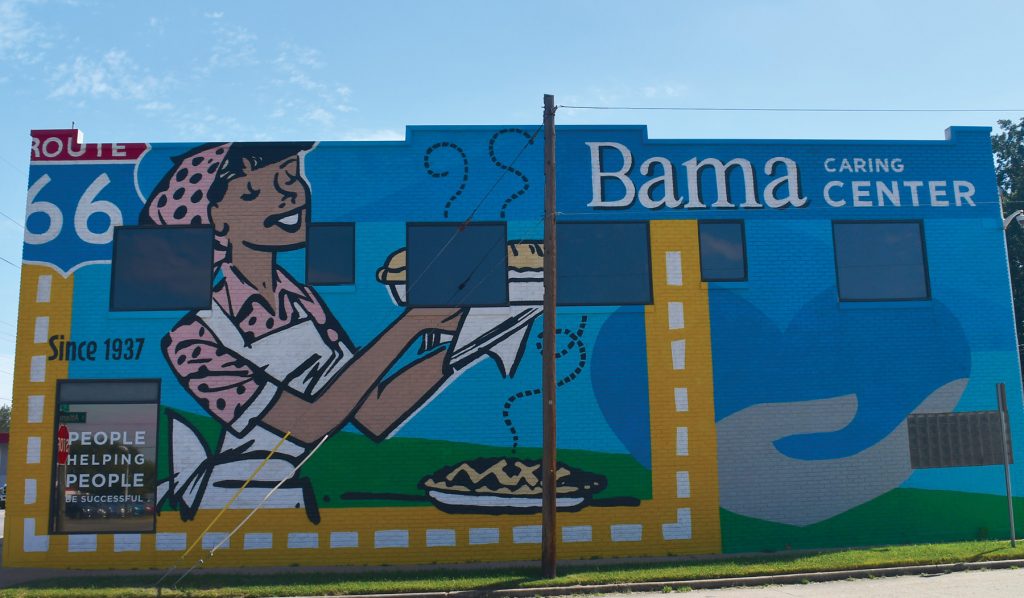
“I really felt strongly that it was something we needed to get involved in, but my parents weren’t excited about taking on that much debt,” she says. “Nevertheless, they backed me.”
With her family’s support, Paula sought loans from a handful of key banks. “We built a dedicated biscuit plant, opened it in 1995 and it’s been going ever since.” The move gave Paula the confidence to seek help elsewhere as Bama shifted into growth mode. “Even though we’ve never declared we’re in a growth mode, we always seem to get these opportunities to grow,” she says.
Today, the Bama Companies produces quality pies, biscuits, pizza crusts and other baked goods for restaurant chains across the world. “We’ve fueled a lot of our growth and strategic partnerships with all these large, multinational food QSRs. It’s pretty amazing.”
The Bama Companies enjoys a very broad supplier base. Relationships are steeped in communication and, Paula says, heavy on partnering. “We deal with big multinational suppliers and small ones, and they understand the value of consistent, high-quality product at a fair price,” she says. “We don’t give them a reason to go out and shop different products with different vendors. We try not to do that to our supply chain.”
These suppliers bring a lot to the table, Paula says. “When we’re trying to innovate, we test them. They’ll bring us innovation, new products, they’ll ship samples out very quickly, they can turn things on a dime,” she says. “We work with them on priority pricing, and we also tell them that if we get a product going, we’ll be using their products as a single source, so they have a vested interest to get involved and pay attention.”
Bama also gives its suppliers the opportunity to deal direct with industry giants. “Whether it’s McDonald’s or Yum! Brands, they deal with all the same flour mills, all the same apple suppliers as we’ve cultivated. We build relationships with the right suppliers, not change them out every other day.”
This loyalty has earned the Bama Companies its strong reputation among industry suppliers. “We recognize our suppliers through yearly awards, dinners and golf tournaments,” Paula says. “Even during the pandemic, we had video calls with our top suppliers to give them their awards.”
My family has put people first for many years.
It’s an approach Paula is often told is “very different”, but she simply says it works. “I think just doing business with these folks for 25 years, and in the case of McDonald’s, more than 50 years, speaks for itself,” she says. “We’ve won I don’t know how many awards from Yum! Brands, and it’s great to know we’re very special in their minds.”
Growing the pie
The growth of the Bama Companies has been selective, Paula points out. “Very selective.” A recent acquisition was Easi-Bake, a UK retail garlic bread manufacturer. “They also have three dough lines running for Subway,” Paula says.
“Subway isn’t an account we have in the US, but because of that relationship, we felt Easi-Bake was a strong business for us to purchase from a strategic point of view.” The sale means that the Bama Companies is now doing business with three of the top 10 European QSRs. “It also gives us a footprint to expand our pie business into the UK and Ireland,” she says.
But the Bama Companies is nothing if not the product of its environment. The arrival of such a thoroughly American company into Easi-Bake’s orbit was something of a culture shock, Paula says.
“The gentleman that founded the company is 78 years old, and he’s run it like he’s run it. I’ve come in with a slightly different management philosophy, so we’re working through the cultural issues.”
Culture is something that Paula holds dear. “My mentor was Dr W Edwards Deming, who puts people first and teaches us how to do that in a systemic way within a company,” Paula says. “My family has put people first for many years.”
When the Bama Companies established a facility in Poland, Paula spent a lot of time on the ground making sure the new staff felt comfortable. “You can’t run something like that remotely,” she says. “That’s not how we like to do it. I like to see them personally, eye-to-eye. When you acquire a business, people don’t automatically change overnight.”
The COVID-19 pandemic put a stop to that kind of closeness, albeit temporarily, and Paula says it wasn’t necessarily a bad thing. “I was running back and forth to Europe twice a month, and it was a little crazy,” she says. “It’s been good to have a break, but our company needs some time to put all of our people back together and show that we’re all one team.”
Enter the new normal
In the wake of COVID-safe adjustments the company – and industry – has been forced to make, such as social distancing and working from home, Paula believes the new normal will be a hybrid of pre- and post-COVID life.
“We can allow people to work from home and not have them feeling like they have to fly all over the place, but we’ll be getting back to face-to-face and settling in to being with each other again.”
The other side effect of the pandemic was an unprecedented labor shortage. “I haven’t talked to anyone in any of my circles that is not experiencing a huge labor shortage,” Paula says.
“I know most of my restaurant customers are really hurting because they’re trying to rehire people and it’s extremely difficult. We’re going to take the time to create avenues, new lanes for people to come to work, but it’s something we’re going to have to focus really hard on over the next year.”
But just as her grandmother Cornelia did during the Depression, Paula is prepared to survive. “It takes some time to pick yourself up and dust off and get back to the playing field, but you do it,” she says.
The four pillars of the Bama Companies – people, community, continuous improvement and customers and products – have withstood even the turbulence of COVID-19, and so has Paula. In October 2020, she was named Oklahoma’s top manufacturing industry CEO by The Journal Record. “It doesn’t feel like I’ve been here for 36 years, it feels like yesterday,” she says.
“I still keep learning and growing and meeting new people, learning new products. I still feel like a kid, and I’m not anywhere close to being ready to quit anytime soon.”
Her grandfather Henry once said of the Bama Companies, “You are seeing the birth of an empire. This humble beginning is the start of a business that will spread to the far reaches of the great state of Texas, and from there to the nation.” He was wrong. With Paula and her people-first principle at the helm, Cornelia Alabama Marshall’s dream has gone global.
Proudly supported by:

